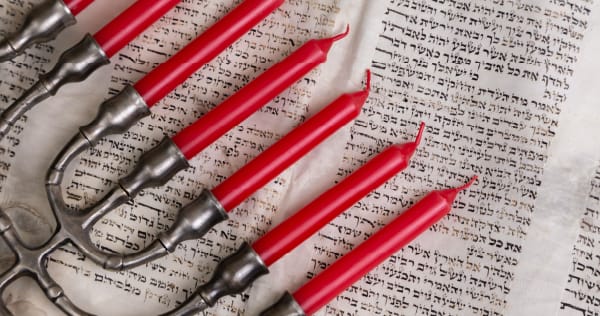If Jesus came to stay at your home, how would your habits change? Would you keep the place a little neater? Maybe take your meals a little differently? Even dust off some good habits and spiritual disciplines you let drift away?
We can think of the Israelites in much the same way. God had made His presence right there, among them, in their camp. This meant that Israel needed to express their holiness in all manner of ways.
In this module we’ll take a look at many regulations and help you make sense of them. Living with God meant meeting with Him on special occasions or “appointed times.” The most important of these was the weekly Sabbath, and you’ll have some great opportunities to experience one yourself. The calendar also had quite a few annual holy days designed to celebrate what God had done for Israel. These same occasions were designed to celebrate God’s future provision in the Holy Land in ways that will probably surprise you. So let’s get started!
If this is your first course in the Bible Journey curriculum, you must first visit the Journey Prep page to understand the background, history, and terminology we will use in the courses.
Materials
Workbook Journal-
The journey through the Old Testament reminds me that God’s ultimate goal is redemption and restoration, a story in which I am invited to participate.
-
I’m continuing my learning through many more ODBU online courses. So much more in depth than Bible study in church.








